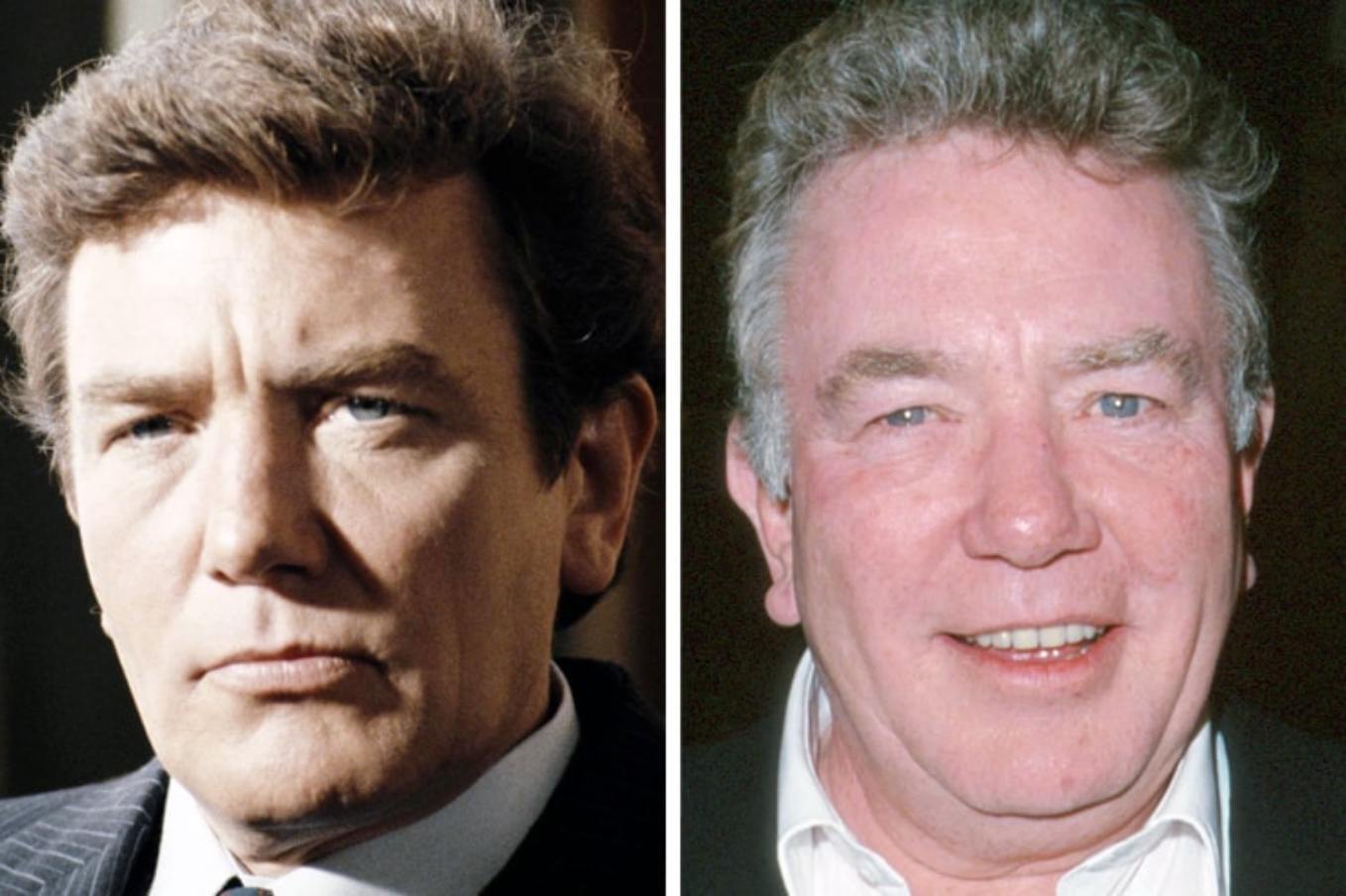Albert Finney

Ralph Hammann
February 7, 2019
I have loved the work of many actors in my life as a teacher, critic, child and mature man, but two always stood as supreme examples of artists whose range, truthfulness and sheer presence beg the adjective, brilliant, and the noun, genius: Albert Finney and George C. Scott. Perhaps for his choices in doing material that was never beneath his gifts and dignity, Finney’s body of work is the more remarkable. Not that it matters. I think my former students will remember my admiration for both and examples of their performances in my acting classes.
And now Finney has died.
I know from a dear friend, Molly Regan, who had the fortune of acting onstage with Finney, that he was as great a man offstage as he was on stage or screen. Read her lovely tribute to him on the Facebook page for the Steppenwolf Theatre Company. Her testimony to his kindness and generosity doesn’t surprise me a bit. One could tell from the body of his work that Finney possessed not only a great talent but also a great soul which allowed him the remarkable empathy to walk in so many shoes and don so many masks, while seeming to be barefoot and barefaced. The technique (and make no mistake, there is one) is invisible; the characters are entirely lived in and incapable of a dishonest movement or inflection. And the care for his audience (as well as his fellow actors) is a gratuity beyond the present of each performance.
There are too many flawless performances to comment on at this time. But I can’t resist a few.
His Consul in Under the Volcano still strikes me as the most amazing. He did the seemingly impossible in conveying to us the inner monologue (dialogue?) of a man who, while drunk for the entire film, achieves a kind of clarity and truth as he moves from one plateau of inebriation to another until he arrives at place of redemption. The novel from which the film was adapted was considered taboo for a film having no voice-over to reveal the character’s thoughts, but Finney, in sheer physical performance, conveyed what could not be articulated.
To appreciate the depth and majesty of his work as Sir in The Dresser, one has merely to compare it to the paltry new version in which Sir Anthony Hopkins fails to master the balancing act of comedy and tragedy that informs Finney’s grander, and more human, work. Another comparison is the quintessential Poirot that Finney gave us in Murder on the Orient Express versus the debacle Kenneth Branagh delivered in his new version. Finney’s was Agatha Christie’s favorite Poirot (this is not to dismiss the excellent David Suchet in the BBC series). Another comparison is Finney’s Winston Churchill in The Gathering Storm against ALL others, including the over praised work of Gary Oldman.
Of the little known or seen films, A Man of No Importance is essential viewing for Finney’s delicate and noble depiction of the pathos and dignity of a man in disgrace. Shoot the Moon is one of the most trenchant studies of a troubled marriage due largely to Finney, who also must have inspired Diane Keaton into one of her career heights. There are also the delightful oddball works, Gumshoe and Charlie Bubbles, the later of which Finney also directed. And the early works: Saturday Night and Sunday Morning, Tom Jones and Two for the Road and the unbuttoned fun he provided in two musicals, Annie and Scrooge (his and George C. Scott’s Scrooges tower above all others). And the lauded work in Miller’s Crossing, Erin Brockovich, The Browning Version, Big Fish and Before the Devil Knows You’re Dead. There’s even a thinking person’s thriller, Wolfen, wherein Finney helps us to suspend our disbelief with disarming ease.
He may indeed be the last of a rare breed of actor who put craft, humility and humanity above glory. Like Scott, he considered the Oscars a waste of time, and he even turned down offers of a CBE and knighthood, disdaining such systems for “perpetuating snobbery”.
His death also prompts me to remember the lovely moments that arose out of sharing his work with friends and students. It is a rare actor who not only gives us the memories of his work but, in the manner of Proust’s madeleine or a tune from the Beatles, also returns us to our own pasts.
